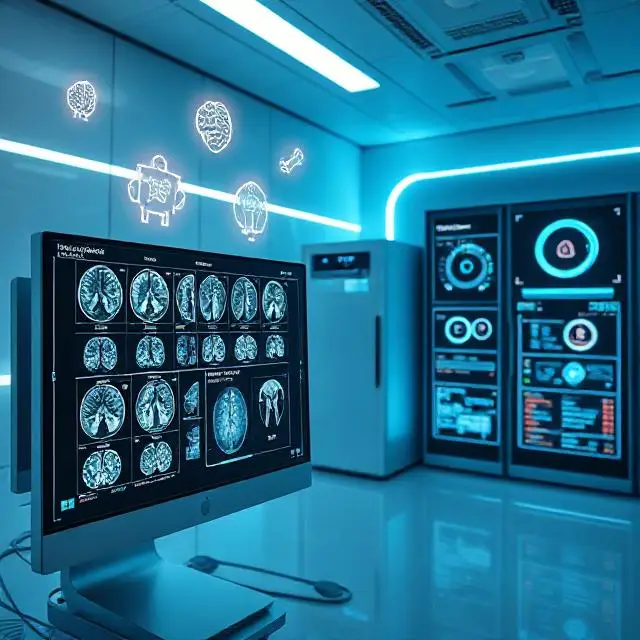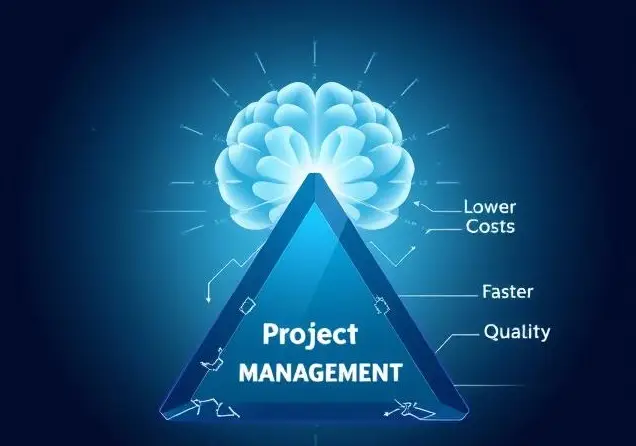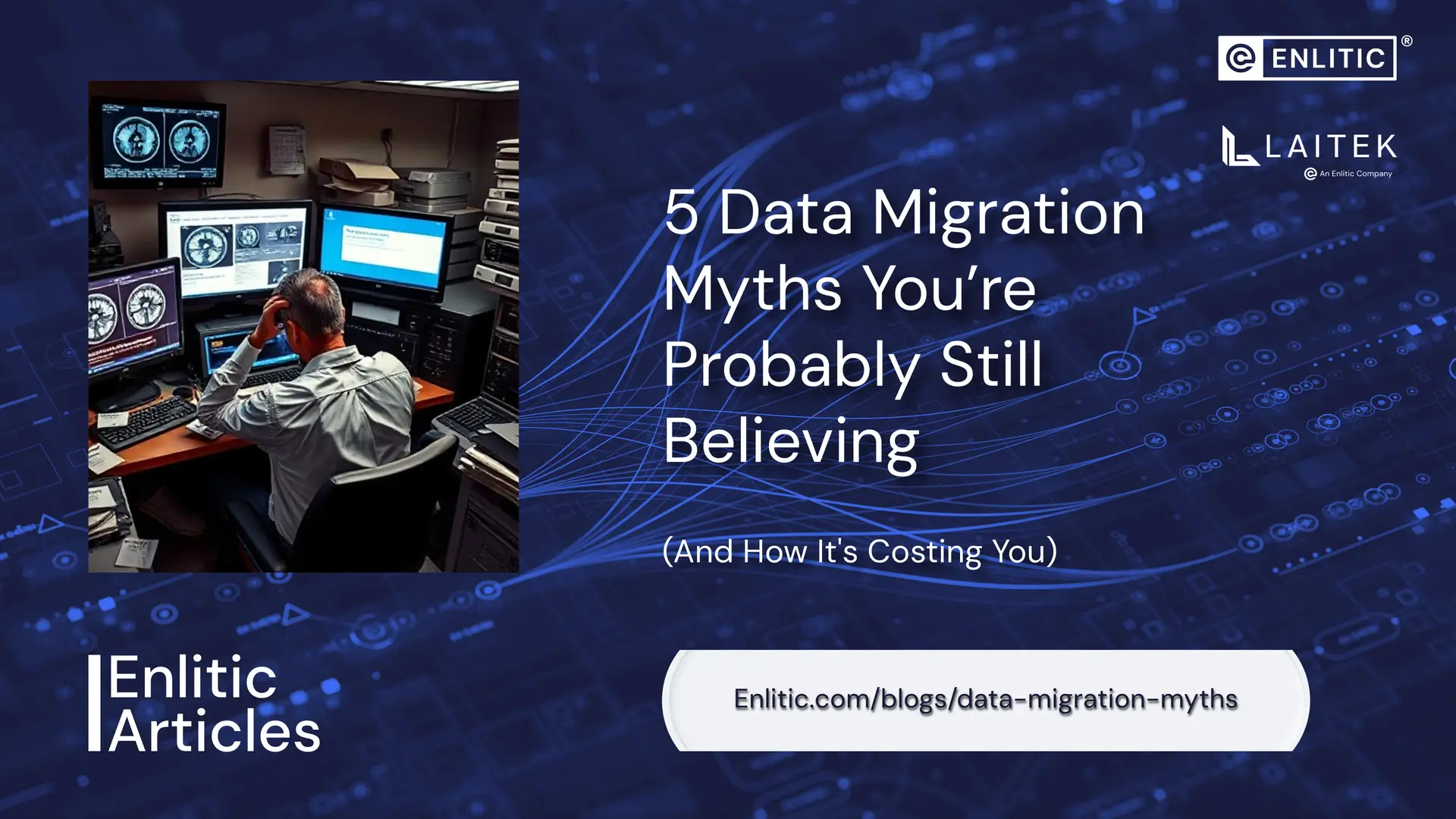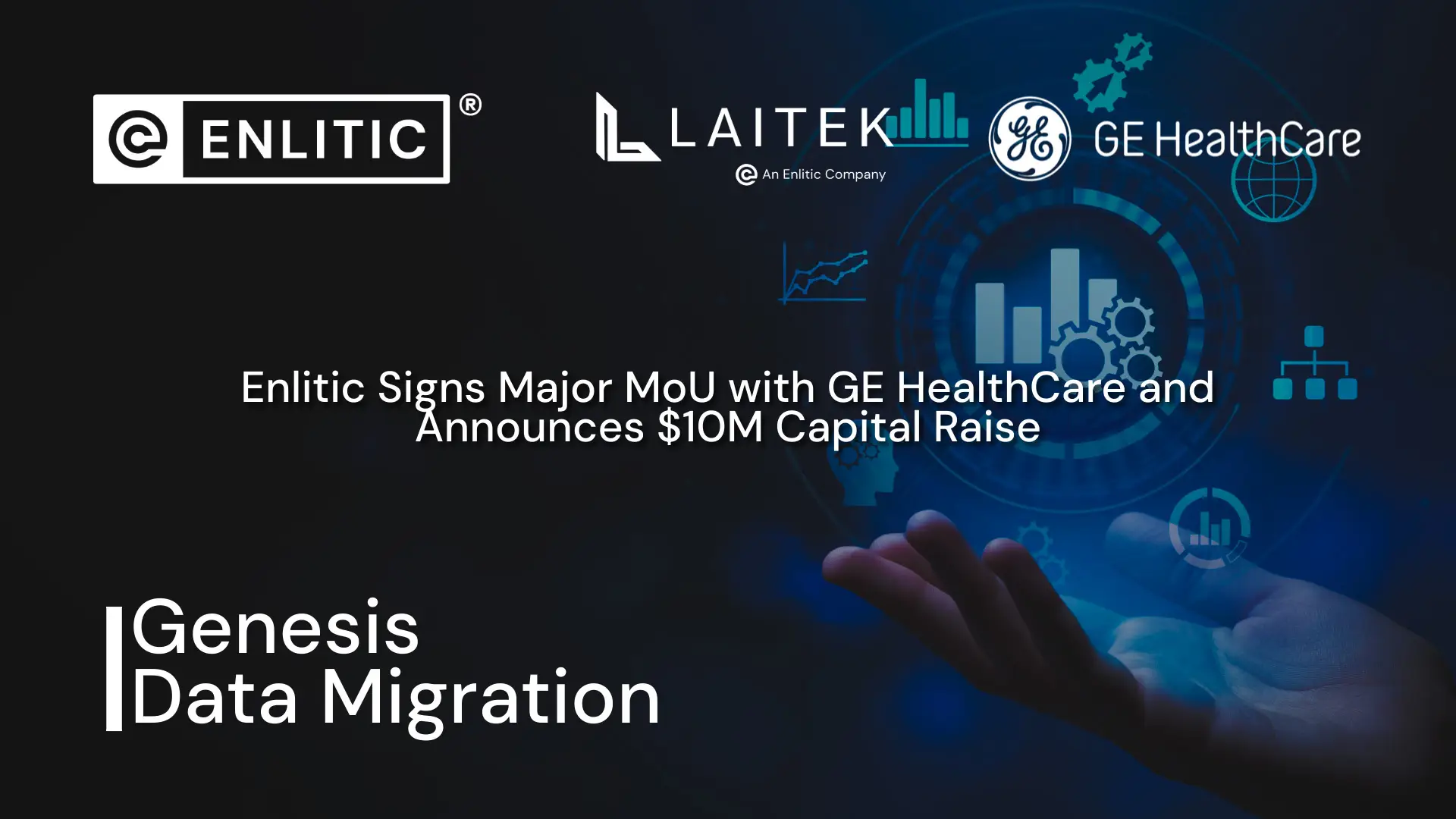Enhancing Healthcare Workflows with AI-Driven Data Management
In today’s rapidly evolving healthcare landscape, optimizing workflows is crucial for improving patient care, operational efficiency, and overall organizational performance. Enlitic’s Value Realization Pyramid offers a conceptual framework that illustrates how healthcare providers can systematically leverage technology, particularly artificial intelligence (AI), to enhance their workflows and realize significant value from their data.
Foundation: High-Quality Data
At the base of the Value Realization Pyramid lies high-quality data. This foundation is essential for any meaningful improvement in healthcare workflows. However, healthcare organizations often grapple with data quality issues, including:
– Inaccurate data entry
– Incomplete or missing fields
– Inconsistent terminology
– Lack of standardization
To address these challenges, Enlitic’s Ensight framework employs AI-driven data management to standardize medical imaging data. This process ensures that the data flowing through the organization’s systems is consistent, accurate, and clinically relevant.
Building Blocks: Enterprise-Wide Workflows
With a solid foundation of high-quality data, healthcare organizations can begin to construct enterprise-wide workflows that are more efficient and effective. The standardization of data across departments and facilities enables:
- Seamless Collaboration: Consistent terminology and standardized metadata attributes facilitate better communication between different healthcare professionals and departments.
- Improved Data Routing: Standardized imaging study descriptions reduce manual intervention and streamline data flow within Picture Archiving and Communication Systems (PACS).
- Enhanced Interoperability: Uniform data standards address interoperability issues among various data systems, facilities, and users.
- Efficient Search and Retrieval: Standardized data makes it easier for healthcare professionals to quickly find and access the information they need, reducing time spent on administrative tasks.
Apex: Value Realization
At the top of the pyramid is the ultimate goal: value realization. By leveraging high-quality, standardized data and optimized workflows, healthcare organizations can achieve significant benefits:
- Improved Patient Care: Streamlined workflows and easy access to accurate, comprehensive patient data enable healthcare providers to make more informed decisions and provide better care.
- Increased Operational Efficiency: Automated data management and standardized workflows reduce manual tasks, allowing staff to focus on higher-value activities.
- Enhanced Research Capabilities: Standardized, anonymized data facilitates more effective data analysis for research purposes and supports the development of AI algorithms.
- Cost Savings: Improved efficiency and reduced errors lead to significant cost savings across the organization.
- Data Monetization Opportunities: High-quality, standardized, and anonymized data can be valuable for clinical research organizations and trials, creating new revenue streams for healthcare providers.
By embracing the Value Realization Pyramid model and leveraging AI-driven data management solutions, healthcare organizations can transform their workflows, leading to improved patient outcomes, increased efficiency, and significant value creation. As the healthcare industry continues to evolve, those who prioritize data quality and workflow optimization will be best positioned to thrive in an increasingly complex and data-driven environment.








